An interesting dynamic that has emerged over the years is the unanticipated change in lifestyle, business practices, zoning updates, county regulations, and state regulations affecting simple, common-sense aspects of everyday living.
One of the most common examples I have referenced over the years is short-term rental regulations. Idaho legislation is widely known for protecting property rights, including the right to rent a home—more specifically, for short-term or vacation rentals. There is, however, a provision allowing homeowners associations (HOAs) to prohibit short-term rentals (typically defined as stays of 30 nights or fewer). The issue is that most of Teton Valley’s new subdivisions were established around 2007, during the last real estate boom. While there was a vacation rental industry at that time, it was still in its early stages. I recall that our in-house property management firm, Teton Valley Property Management, initially used reservation software similar to what a hotel might use. The industry didn’t truly take off until the last real estate boom, coinciding with Airbnb’s launch in 2008.
Many new subdivisions during that period copied previous development covenants and restrictions, making only slight modifications to fit the new developments. As a result, they often failed to account for the potential rise of short-term rentals, even if the original intent was to prevent them. Consequently, nearly every subdivision in Teton Valley allows short-term rentals. Since the last real estate boom, new communities have been established, though they have become less frequent due to zoning density changes and new subdivision requirements. Even so, new developers typically avoid prohibiting rentals out of fear of alienating potential buyers who may see rental income as an advantage.
While the longstanding controversy over short-term rentals is an easy topic to discuss, there are other noteworthy examples of the tension between HOA restrictions and evolving realities.
Environmental Changes
I think we can all generally agree that climate change is real at this point. While this isn’t a topic I typically cover in my neutral real estate blog, it does relate to issues like wildfire resistance. Some communities still require natural wood siding and even shake shingle roofs. As of this writing, Teton Valley has been fortunate to avoid dramatic increases in insurance rates and has experienced very few natural disasters. However, a brush fire in 2024 was one of the first significant fires within the valley in my memory. Despite this, some subdivisions continue to resist changes that would allow for more fire-resistant building materials.
Build-Out and Subdivision Maturity
Issues tend to arise as subdivisions develop. It’s surprising how many communities in Teton Valley remain mostly or partially undeveloped, often due to land investors holding onto property, even if it is just to own a “piece” of Teton Valley. However, some communities are beginning to build out rapidly. While 2007 was a land development boom, the recent uptick in Teton Valley has primarily been in residential development.
Fortunately, most property owners have been considerate of their neighbors when developing. For example, in Teton View corridor neighborhoods without designated building envelopes, many owners stagger their homes to preserve both their own views of the Tetons and those of their neighbors. Even when unintentional, local knowledge of the landscape and architectural intuition tend to guide development in a way that takes advantage of the surrounding beauty. However, this isn’t always the case. Not all property owners are neighborly, and some development factors were not thoroughly vetted during the planning process. I’ve seen multiple subdivisions require amendments to plat maps or building envelopes to accommodate practical adjustments. While HOAs are often cooperative in such cases—particularly when county variances require it—the process of amending subdivision documents can be cumbersome, especially when no formal association has been established.
Zoning Changes
This is the big one. In August 2022, the county introduced an entirely new land development code and zoning map. This update cut densities nearly in half, revised overlays, and altered development processes. While existing parcels were grandfathered in terms of density (for example, a properly subdivided 2.5-acre parcel now within a 5-acre density zone remains buildable), other changes present challenges. Here are a few key examples:
Scenic Corridor Overlay
The new scenic corridor overlay affects properties within 500 feet of Ski Hill Road. Under the new regulations, landowners may need to modify development plans to comply with overlay requirements. The county does not enforce subdivision covenants, conditions & restrictions, but its development guidelines supersede those of subdivisions. This can create conflicts when subdivision guidelines contradict county zoning restrictions. Fortunately, the county often grants variances to accommodate developers and subdivisions, though it adds an extra layer of complexity.
Wildlife Overlay
Zoning changes have also impacted properties within designated wildlife and natural resource overlays. While most subdivision parcels under five acres are now exempt from additional requirements, some still face complications. For example, an overlay may sit directly on a planned building site, requiring a variance or adjustment that could conflict with existing subdivision plats.
Wetland and Floodplain Overlays
These overlays have been revised, and riparian buffer setbacks have increased. Even if a wetland delineation was approved years ago, the Army Corps of Engineers has expiration timelines for delineation approvals. As a result, landowners may find that new setbacks prohibit development in previously intended areas. Again, variances are possible, but they add another hurdle for landowners and developers.
Setback Requirements
Simple setback changes can also cause issues. Some subdivisions were designed with minimal setbacks based on previous zoning regulations. If the required setbacks have increased, buildable areas may be reduced, making development more difficult.
Why Not Simply Modify HOA Covenants?
Given these challenges, one might ask: why not update subdivision covenants and HOA policies? While this seems like a logical solution, it is often easier said than done. Many subdivision bylaws require a majority—or even a supermajority—of homeowners to approve amendments. This typically necessitates board meetings, formal votes, and recorded signatures. In my experience, this is a difficult process. Many investors and homeowners are resistant to change, especially if it could affect property values, rental income, or architectural consistency within a community.
Final Thoughts
Despite these challenges, it’s important to note that very few lots are significantly impacted by zoning or covenant conflicts. Still, prospective buyers and developers should carefully review subdivision documents and reach out to HOA representatives when possible. While these changes introduce new complexities, I believe that practical solutions will emerge over time. County officials have reassured me that properly subdivided parcels remain buildable, even if new regulations introduce obstacles. Additional challenges—such as septic system requirements in wet areas and rising construction costs—may also arise.
Teton Valley is still in the early stages of its growth, despite the substantial expansion we’ve seen. I anticipate further zoning updates, new comprehensive plans, and evolving industry standards will continue to shape the landscape (no pun intended). But if history is any indication, just like past controversial real estate issues in Teton Valley, my prediction remains simple: things will work themselves out.
 If any of you read the local paper, or follow social media etc. here in Teton Valley, you probably remember the drama with a Condo Homeowner’s Association in Driggs, ID that made the decision to require landowners and property managers to restrict long-term rentals (longer than 30 days) to “single family” use. That association later defined single family as:
If any of you read the local paper, or follow social media etc. here in Teton Valley, you probably remember the drama with a Condo Homeowner’s Association in Driggs, ID that made the decision to require landowners and property managers to restrict long-term rentals (longer than 30 days) to “single family” use. That association later defined single family as: